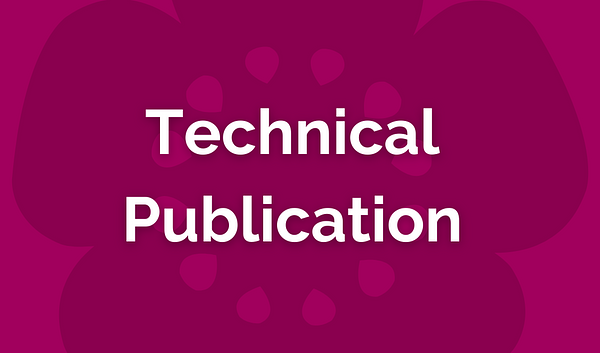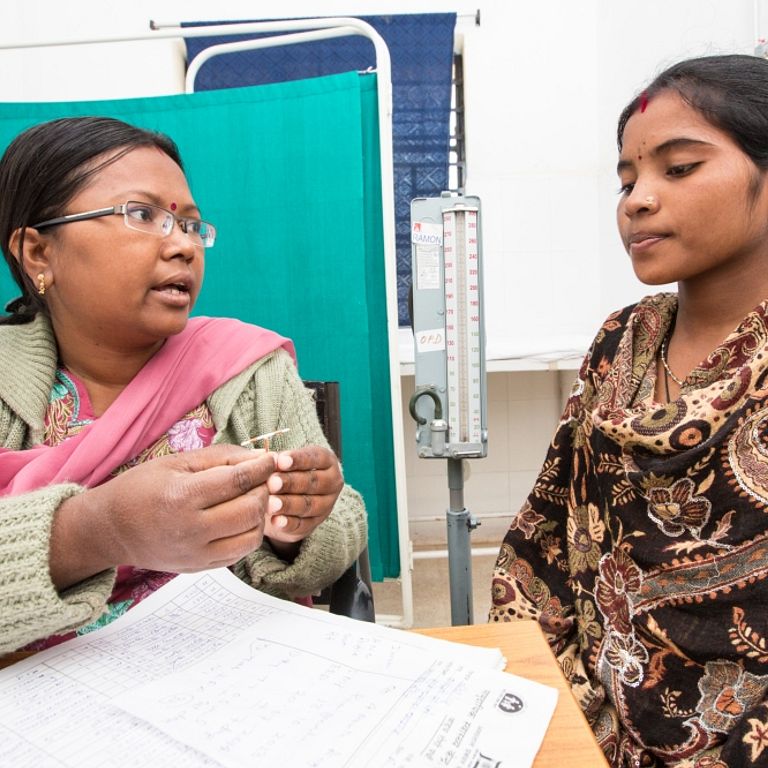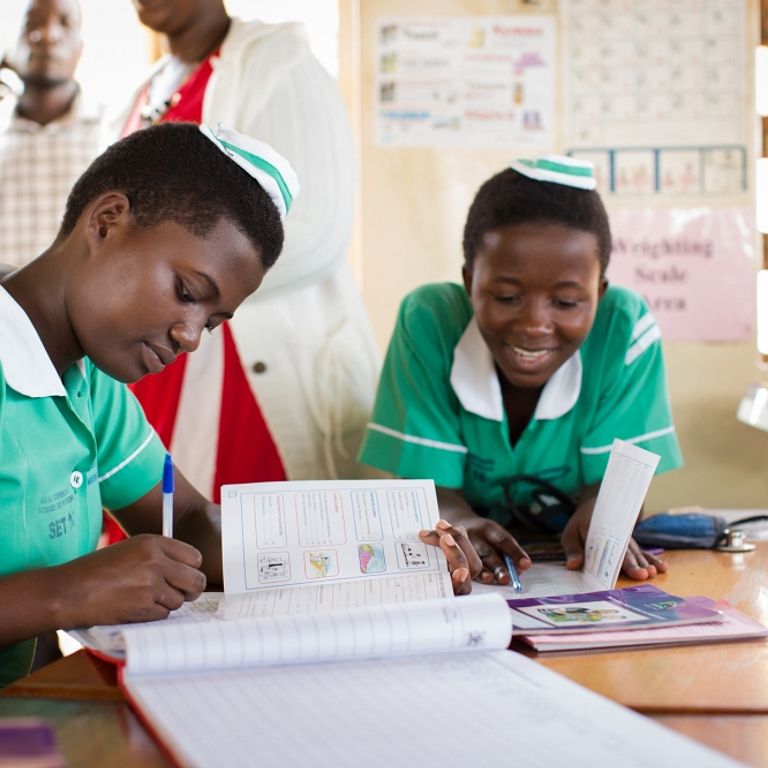Postabortion Care Family Planning (PAC-FP)

According to Guttmacher, in 2012, an estimated 6.9 million women were treated for complications resulting from unsafe abortions. Previous research has estimated that about 40% of women requiring treatment for unsafe abortions do not receive the care they need.
As a global flagship research-to-action program, PAC-FP developed and tested models for increasing informed, voluntary postabortion FP uptake, particularly for long-acting reversible contraceptives (LARCs) and permanent methods (PMs). We aimed to identify replicable models for strengthening and expanding high-quality postabortion care (PAC), including a wide range of postabortion FP methods.

PAC-FP aimed to address five persistent obstacles to voluntary PAC-FP services, particularly LARCs and PMs. Those obstacles included: (1) the inability of emergency services to consistently deliver comprehensive FP; (2) a lack of follow-up support necessary to ensure trained providers continue to offer high-quality care; (3) insufficient equipment, supplies, and commodities for postabortion FP; (4) insufficient client demand for and health system support for postabortion FP; (5) and negative attitudes and biases among providers and communities related to PAC and postabortion FP.
EngenderHealth addressed these obstacles by integrating FP with curative and emergency services as well as other health services. In collaboration with Tanzanian and Senegalese ministries of health, PAC-FP supported a total of 73 health facilities—including 42 in mainland Tanzania, 23 in Zanzibar, and 8 in Senegal—to ensure they upheld standard operating procedures for triage, treatment, and referrals.
PAC-FP leveraged EngenderHealth’s COPE (Client-Oriented, Provider-Efficient) tool, which had been tested in Tanzania, to obtain surgical equipment, instruments, and supplies, and to address logistical constraints. The program also conducted PAC and FP trainings and supported skills labs and learning corners to improve provider competencies in Tanzania. The program introduced COPE in 23 districts to improve monitoring and evaluation of program outcomes and formed cooperative inquiry groups in each district to expand knowledge and sustain quality improvement practices.
EngenderHealth also conducted assessments of PAC in 21 countries (Afghanistan, Bangladesh, Burkina Faso, Burma/Myanmar, Côte d’Ivoire, Ethiopia, Ghana, India, Indonesia, Kenya, Madagascar, Malawi, Mozambique, Nepal, Niger, Pakistan, Philippines, Senegal, Tanzania, Togo, and Uganda) to inform the global evidence base, future policies, and program priorities.


